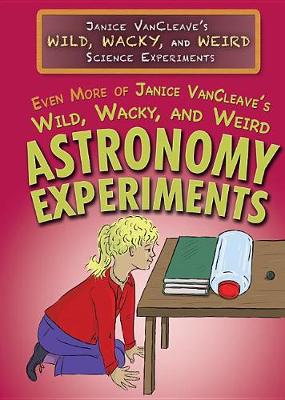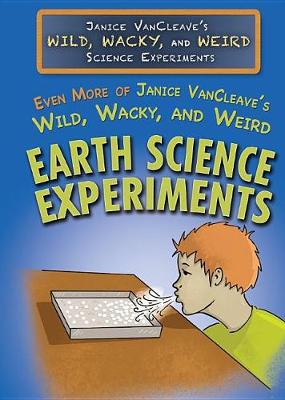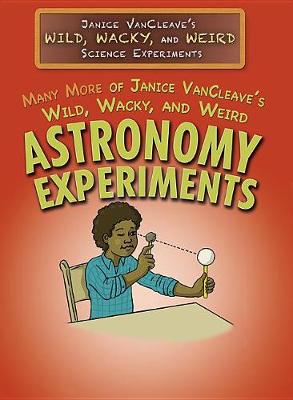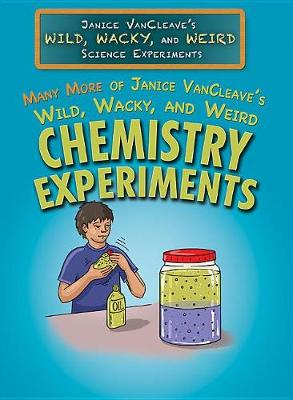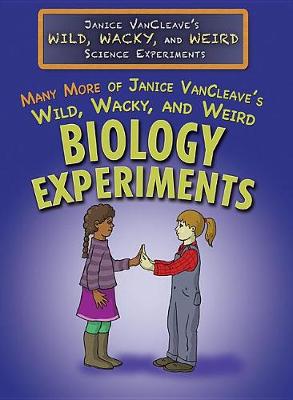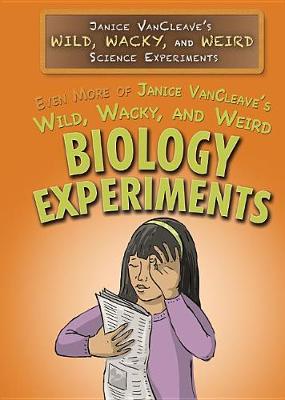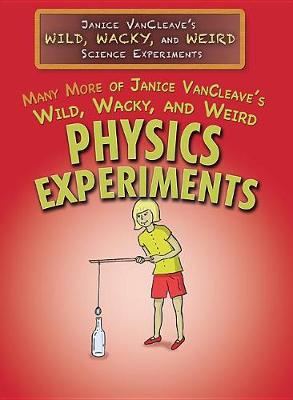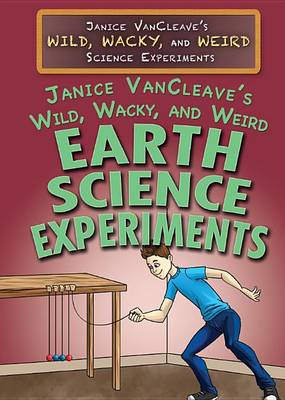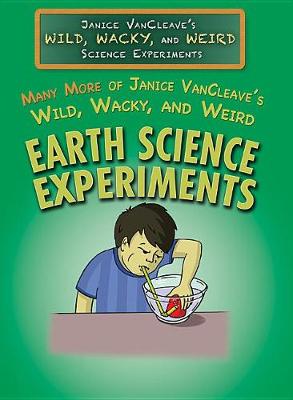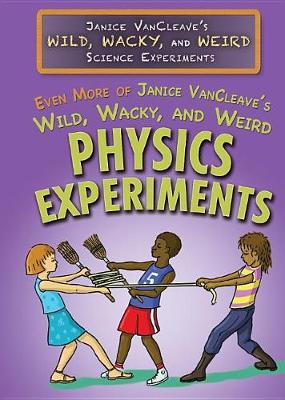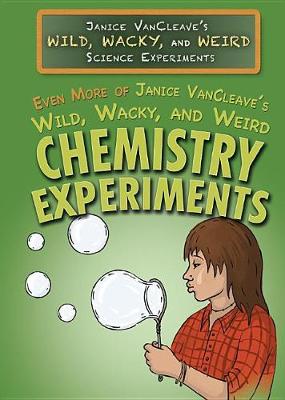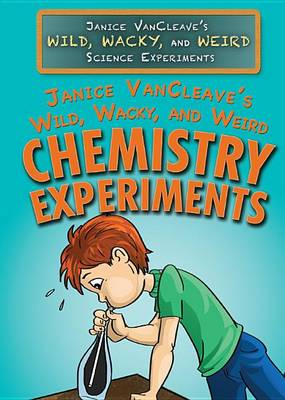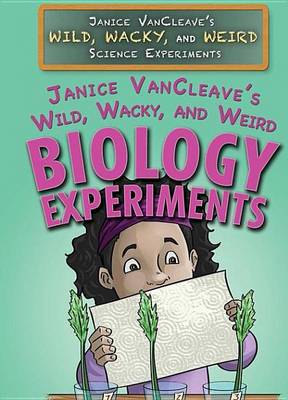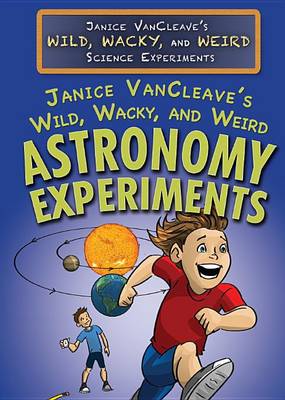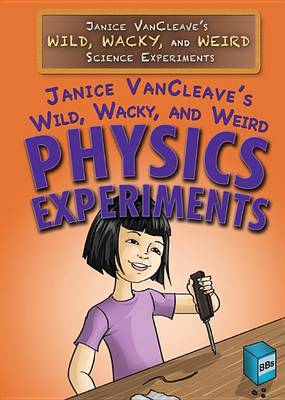Janice VanCleave's Wild, Wacky, and Weird Science Experiment
16 total works
Janice Vancleave's Wild, Wacky, and Weird Science Experiments: Set 4
by Janice Pratt VanCleave
Even More of Janice Vancleave's Wild, Wacky, and Weird Astronomy Experiments
by Janice Pratt VanCleave
Even More of Janice Vancleave's Wild, Wacky, and Weird Earth Science Experiments
by Janice Pratt VanCleave
Many More of Janice Vancleave's Wild, Wacky, and Weird Astronomy Experiments
by Janice Pratt VanCleave
Many More of Janice Vancleave's Wild, Wacky, and Weird Chemistry Experiments
by Janice Pratt VanCleave
Many More of Janice Vancleave's Wild, Wacky, and Weird Biology Experiments
by Janice Pratt VanCleave
Even More of Janice Vancleave's Wild, Wacky, and Weird Biology Experiments
by Janice Pratt VanCleave
Many More of Janice Vancleave's Wild, Wacky, and Weird Physics Experiments
by Janice Pratt VanCleave
Janice Vancleave's Wild, Wacky, and Weird Earth Science Experiments
by Janice Pratt VanCleave
Many More of Janice Vancleave's Wild, Wacky, and Weird Earth Science Experiments
by Janice Pratt VanCleave
Even More of Janice Vancleave's Wild, Wacky, and Weird Physics Experiments
by Janice Pratt VanCleave
Even More of Janice Vancleave's Wild, Wacky, and Weird Chemistry Experiments
by Janice Pratt VanCleave
Janice Vancleave's Wild, Wacky, and Weird Chemistry Experiments
by Janice Pratt VanCleave
Janice Vancleave's Wild, Wacky, and Weird Biology Experiments
by Janice Pratt VanCleave
Janice Vancleave's Wild, Wacky, and Weird Astronomy Experiments
by Janice Pratt VanCleave

